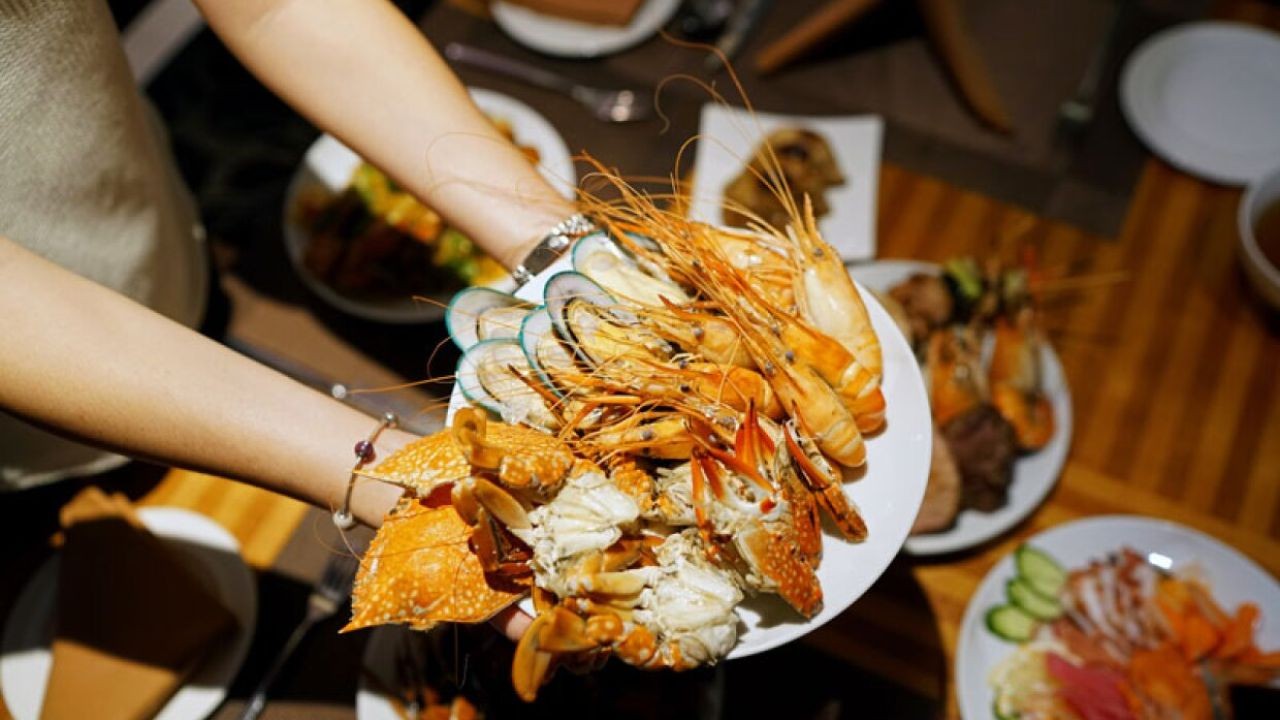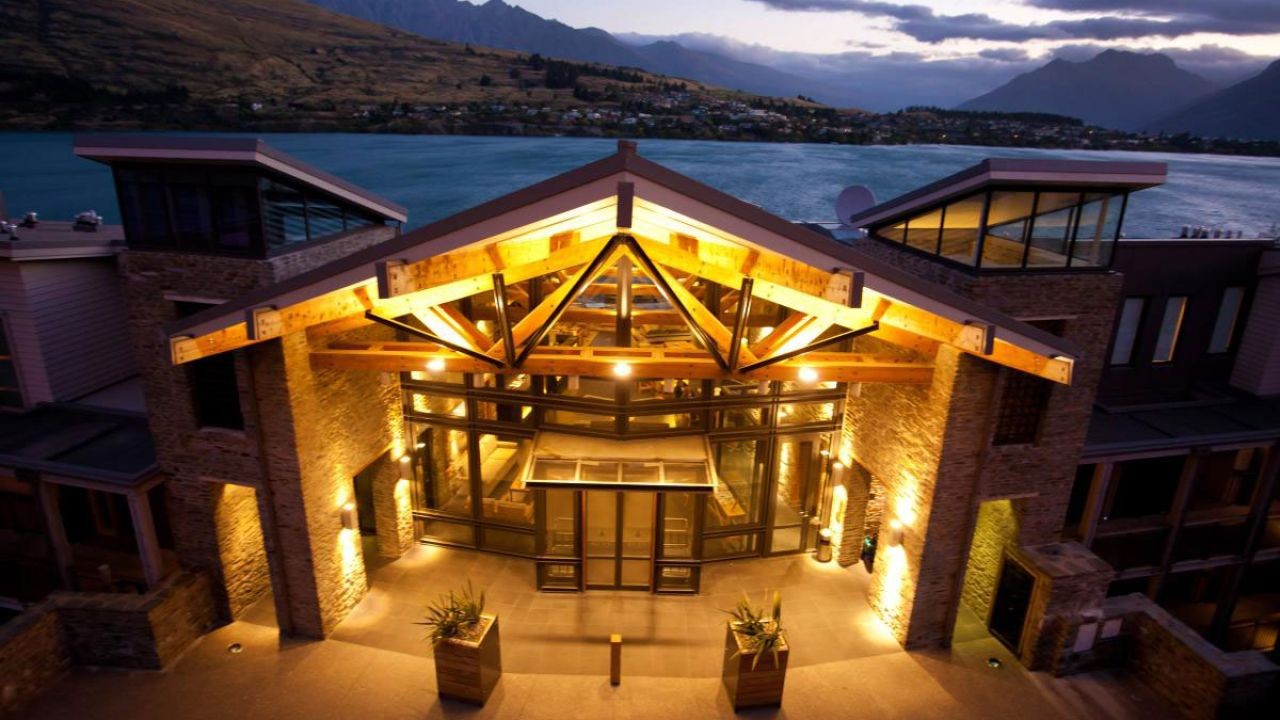Introduction
New Zealand is a land of breathtaking landscapes, vibrant cultures, and diverse cuisines that attract millions of tourists annually. However, tourists often find themselves making certain missteps when navigating the local culinary scene, which can hinder their overall experience. This article delves into five common mistakes tourists make when trying New Zealand cuisine, helping you avoid pitfalls and fully enjoy the country's gastronomic delights. According to Stats NZ, the tourism sector contributed NZD 17.5 billion to the New Zealand economy in 2019, emphasizing the importance of understanding and appreciating local food culture for an enriched travel experience.
Whether you're a tech enthusiast intrigued by how technology intersects with food, or simply a foodie planning your next culinary adventure, understanding these nuances will significantly enhance your visit. So, what’s your take on the New Zealand culinary experience? Share your insights below!
Understanding the Basics: Common Mistakes Tourists Make
1. Underestimating the Importance of Local Ingredients
One of the most common mistakes tourists make is underestimating the importance of local ingredients in New Zealand cuisine. The country's unique geography and climate produce a wide array of ingredients that are fresh, flavorful, and integral to its culinary identity. For instance, lamb, kiwifruit, and green-lipped mussels are staples you should not miss. According to the Ministry for Primary Industries, New Zealand exports over 1 billion NZD worth of lamb annually, highlighting its significance in both the local and global market.
2. Overlooking Maori Cuisine
Another common oversight is neglecting to explore Maori cuisine, which is deeply rooted in the country's culture and history. Traditional Maori dishes such as hāngi—a method of cooking using heated rocks buried in a pit oven—is a must-try. Many tourists stick to familiar foods, thereby missing out on this unique aspect of New Zealand's culinary heritage.
3. Ignoring Seasonal Variations
Tourists often make the mistake of ignoring the seasonal variations that dictate New Zealand cuisine. The best time to enjoy certain foods is when they are in season, offering the freshest flavors. For example, the Bluff Oyster season runs from March to August, and missing it means missing out on one of New Zealand's most celebrated seafood experiences.
4. Sticking to Urban Centers
Many tourists limit their culinary exploration to urban centers like Auckland and Wellington, thereby missing out on regional specialties found in smaller towns and rural areas. Each region offers unique dishes and local produce, such as the crayfish in Kaikoura or the cheese in the Hawke's Bay, which are often missed by those who stick to city dining.
5. Not Engaging with Local Food Experts
Finally, tourists often miss the opportunity to engage with local food experts, whether it's chefs, market vendors, or food tour guides. These experts can offer invaluable insights and recommendations that can significantly enhance your culinary experience. According to a report by the Ministry of Business, Innovation and Employment, food tourism is a growing trend in New Zealand, and engaging with local experts can provide a richer, more authentic experience.
Real-World Case Studies: Learning from Experience
Case Study: The Rotorua Hāngi Experience
Problem: Many tourists visiting Rotorua skip the traditional Maori hāngi, opting instead for more familiar dining options. This leads to a missed opportunity for cultural immersion and understanding.
Action: Local tourism operators began offering guided food tours that include a hāngi experience, educating tourists on its historical and cultural significance.
Result: These tours have seen a 35% increase in bookings over the past year, and 90% of participants reported a deeper appreciation for Maori culture.
Takeaway: Engaging in local culinary experiences can provide cultural insights and enrich your travel experience.
Pros vs. Cons: Navigating New Zealand Cuisine
Pros:
- Fresh Ingredients: New Zealand's isolation and unique climate produce some of the freshest ingredients in the world.
- Diverse Flavors: The fusion of Maori, Pacific, and European influences creates a diverse culinary landscape.
- Cultural Immersion: Exploring local cuisine offers a deeper understanding of New Zealand's culture and history.
Cons:
- High Costs: Dining out can be expensive, especially in tourist hotspots.
- Limited Availability: Some regional specialties may not be available year-round.
- Culinary Missteps: Tourists may inadvertently miss out on authentic experiences by sticking to familiar foods.
Future Trends: What Lies Ahead for New Zealand Cuisine?
The future of New Zealand cuisine is likely to be shaped by a growing focus on sustainability and indigenous food practices. According to a report by NZ Tech, technological advancements in food production, such as precision agriculture and blockchain for supply chain transparency, are set to revolutionize the industry. Additionally, there is a growing trend towards incorporating more indigenous ingredients and cooking methods into mainstream dining, offering tourists even more opportunities for unique culinary experiences.
Conclusion
Exploring New Zealand's culinary landscape is a rewarding experience that goes beyond just satisfying your taste buds. By avoiding these common mistakes and embracing local ingredients, Maori cuisine, and regional specialties, you can enrich your travel experience and gain a deeper understanding of Kiwi culture. Ready to embark on your culinary journey through New Zealand? Share your thoughts and experiences below!
People Also Ask (FAQ)
- How does New Zealand cuisine impact the local economy? New Zealand's food and beverage sector is a significant contributor to the economy, with exports reaching over NZD 37 billion annually, according to Stats NZ.
- What are the biggest misconceptions about New Zealand cuisine? One common myth is that New Zealand cuisine lacks diversity. In reality, it offers a rich blend of Maori, Pacific, and European influences.
- What are the best strategies for enjoying New Zealand cuisine? Experts recommend trying seasonal dishes, exploring regional specialties, and engaging with local food experts for a richer experience.
- What upcoming changes in New Zealand could affect its cuisine? By 2026, policy updates focused on sustainability and indigenous food practices could significantly influence the culinary landscape.
- Who benefits the most from exploring New Zealand cuisine? Food enthusiasts, cultural explorers, and tourists looking for authentic experiences benefit greatly from diving into New Zealand's diverse culinary offerings.
Related Search Queries
- New Zealand food culture
- Best Maori dishes to try
- Seasonal foods in New Zealand
- New Zealand food tours
- Local ingredients in New Zealand cuisine
- Traditional New Zealand recipes
- Best seafood dishes in New Zealand
- New Zealand culinary trends 2024
- Food sustainability in New Zealand
- Exploring New Zealand's regional specialties


































Vertex Global School
7 months ago